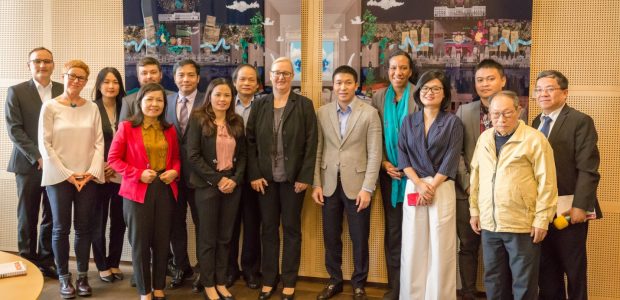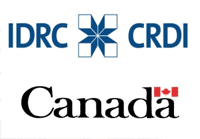Information tour on learning operation experience of set-related think-tanks and NGOs in Germany

In democratic and plural political systems, think tanks serve as an impactful channel for promoting transparency, inclusiveness, and public participation in the public policy making process. In Vietnam’s recent political and economic transition process, many domestic “think tanks” – under universities, ministries – have blossomed. However, they are struggling to define its role, and to balance between serving as “the extended hand of the party and the government” and promoting the public participation in the country policy making process. This is the rationale for this information tour, dated from 22 to 29 September 2018, for a joint delegation from Vietnam institute for International and public diplomacy studies (VPDS) and the Institute of Policy and Management (IPAM). Over one working week, the delegation exchanged on the German policy making process, specifically regarding Socio-Ecological Transformation (SET) and to meet representatives from Bundestag, and Bundesrat, and think tanks. Over more than eleven meetings, the delegation learnt meaningful lessons about the necessary legal framework for the establishment, operation of think tanks, think-tanks’ independence from other strong stakeholders. They learnt about the plurality of the German political system, especially from the angle of the Left Party (Die Linke) and its supported agenda “Plan B”. One week right after the completion of the information tour, a follow up meeting between RLS and VPDS was organized to exchange further on the topic of SET and the possibility for applying SET elements in Vietnam.
 By ipam.edu.vn
Viện chính sách và Quản lý
5 sao trên
113807 khách hàng bình chọn
By ipam.edu.vn
Viện chính sách và Quản lý
5 sao trên
113807 khách hàng bình chọn



.jpg)


